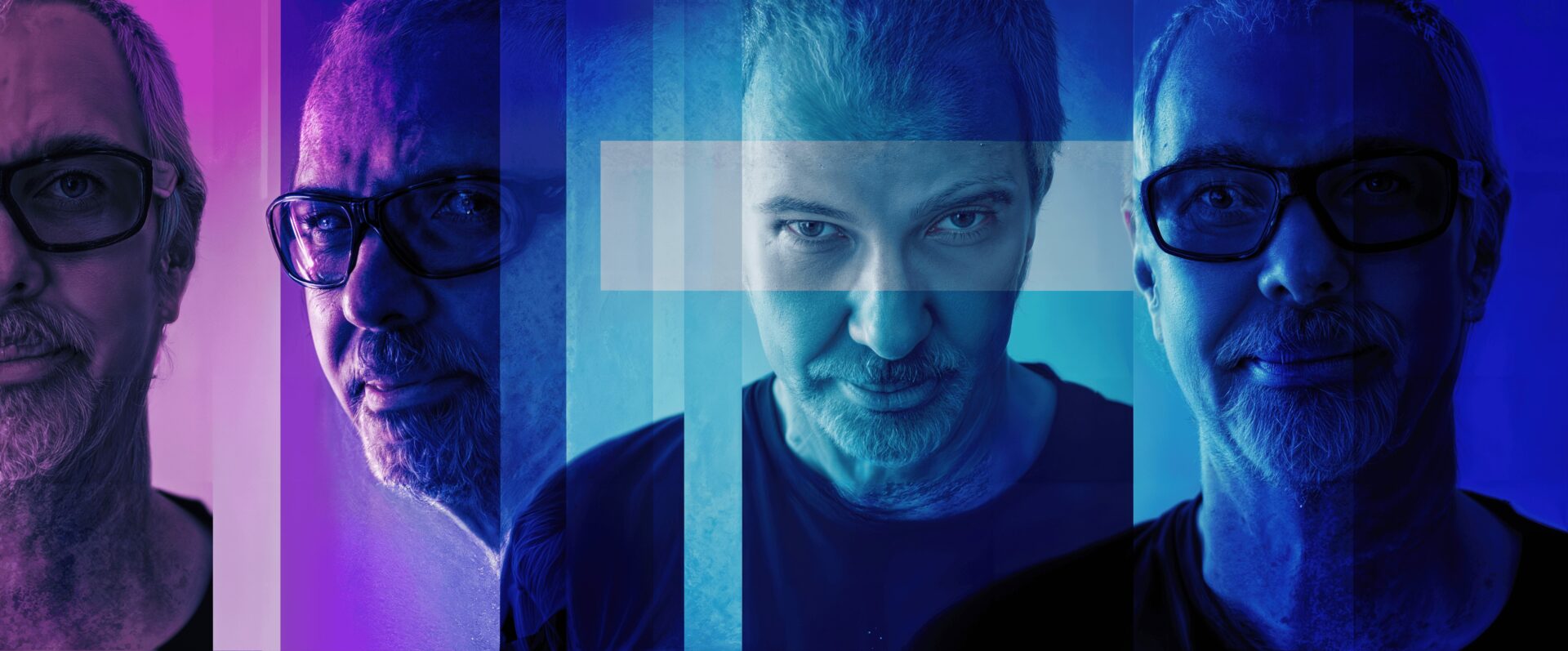We’ve got some of the most incredible artists, creatives and entrepreneurs in our community and we are constantly shocked by how prevalent imposter syndrome is. So many incredibly talented folks are haunted by self-doubt by a society that often tells you not to think too highly of yourself, but in order to have the strength to take on big challenges and make meaningful change in the world you’ve got to believe in yourself and so we wanted to create a space for conversations around overcoming imposter syndrome.
Kelly Jeanmaire

Overcoming imposter syndrome has been a journey, especially as a wedding planner in a smaller community like Upstate New York. It’s so easy to compare yourself to others, especially in the age of social media, where every scroll can make you feel like you’re falling behind. But I’ve found ways to turn those challenges into opportunities for growth. Read more>>
Phil Better
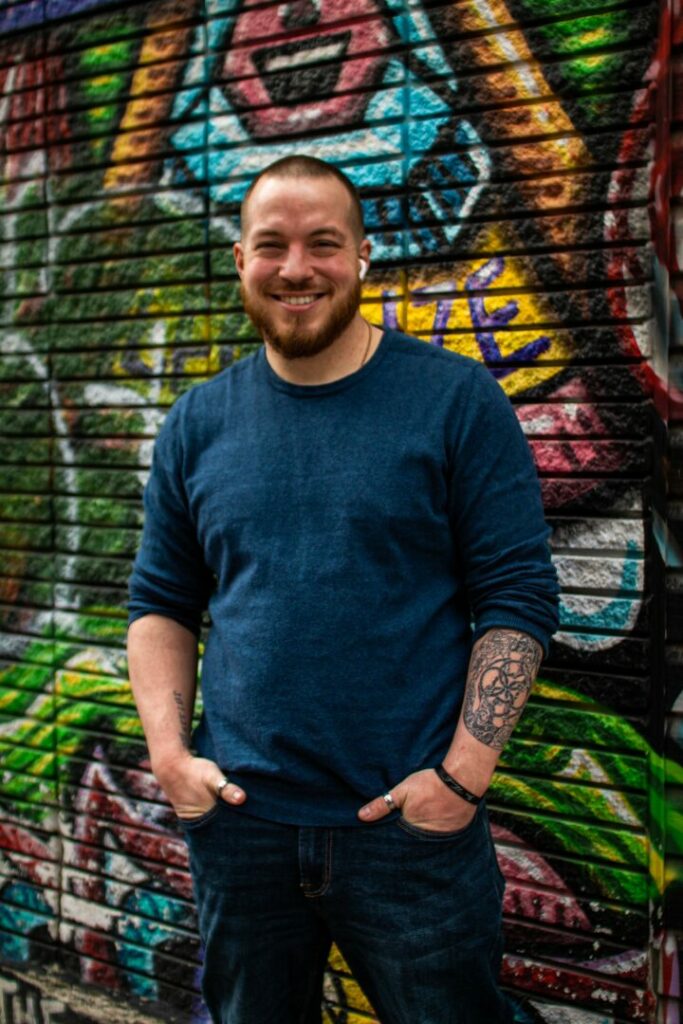
Overcoming imposter syndrome is not a one-time thing—it’s a journey. You don’t defeat it; you outgrow it, only to face a new, bigger version when you level up. Every time you step into a room or situation where you feel like you don’t belong, imposter syndrome shows up, whispering that you have no right to be there. Read more>>
Jordyn Ward
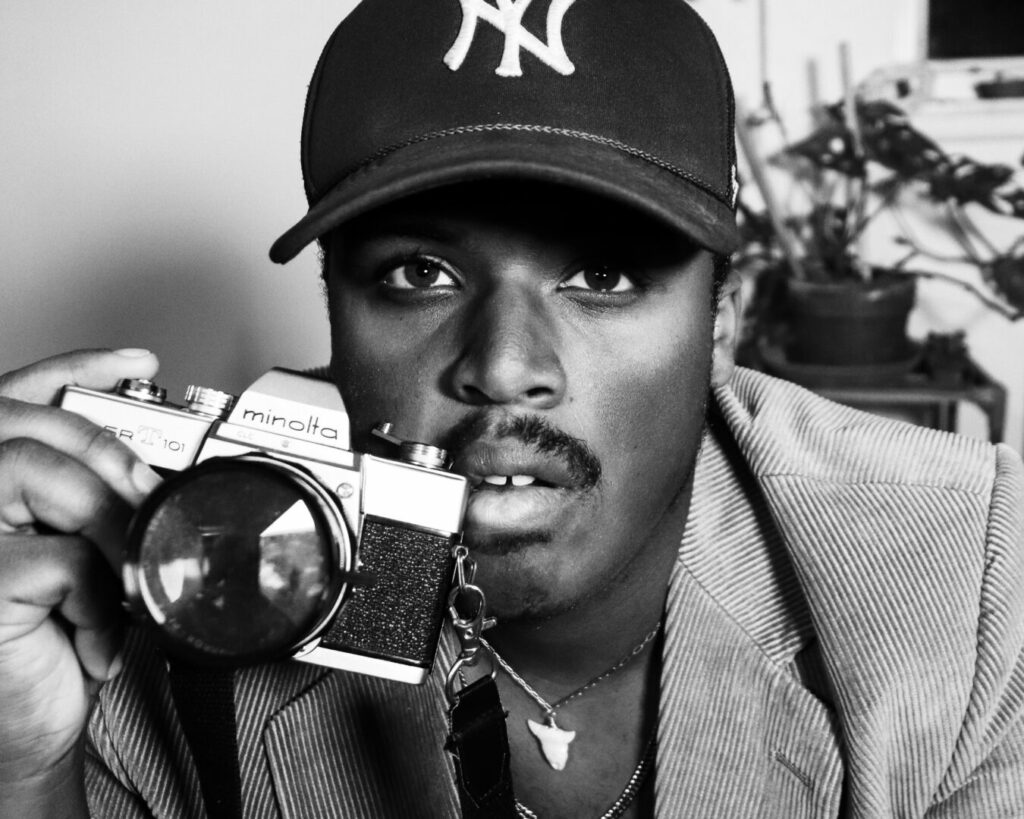
In the photojournalist world there’s always people who have been doing it for decades longer than you and sometimes not as welcoming. And as someone who kind of picked up their camera and just ran with it and kept getting more opportunities I felt as if I earned it less. But what I started to realize as time went on and what I tell myself at every event is that I was invited here same as everyone else is the fact that I have this opportunity means that I deserve it or I wouldn’t have it and it gets me through that feeling of I’m not supposed to have this kind of success. Read more>>
Maria Martinez Ramos
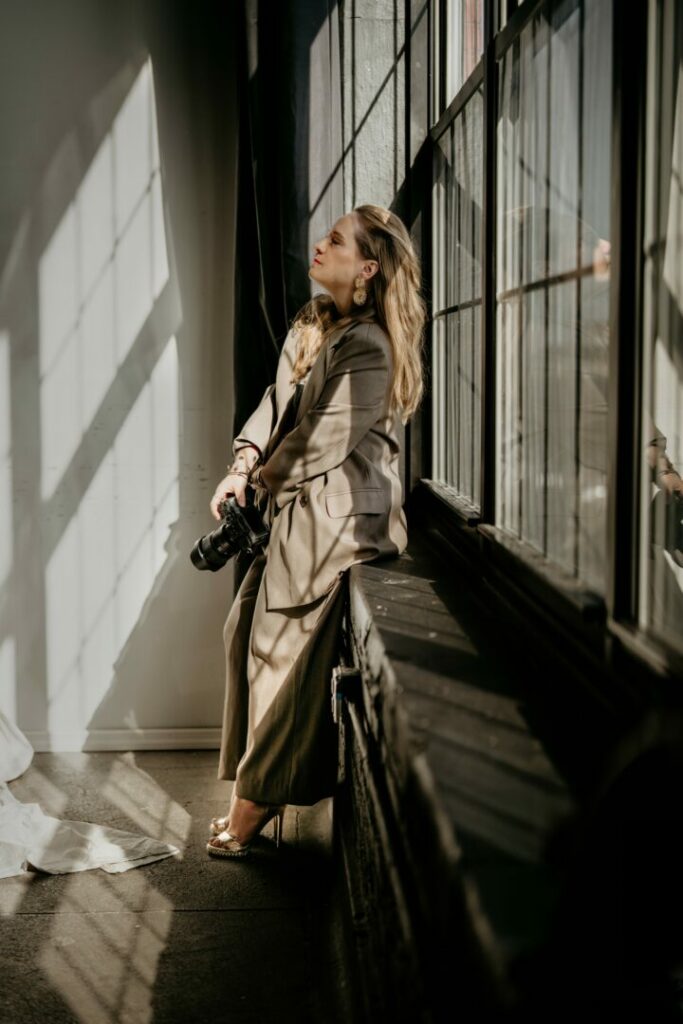
Imposter syndrome is something many wedding photographers face, including myself. It’s hard not to admire the incredible work of others in the industry and feel like you have to measure up. But over time, I’ve realized that this constant admiration and drive to improve isn’t entirely negative. It pushes me to evolve creatively and deliver my best to my clients. What helps is remembering that every photographer has their own style and perspective—there’s room for everyone’s unique voice. Instead of comparing, I focus on learning and growing, which turns that self-doubt into a motivator rather than a barrier. Read more>>
Cheryl Groskopf
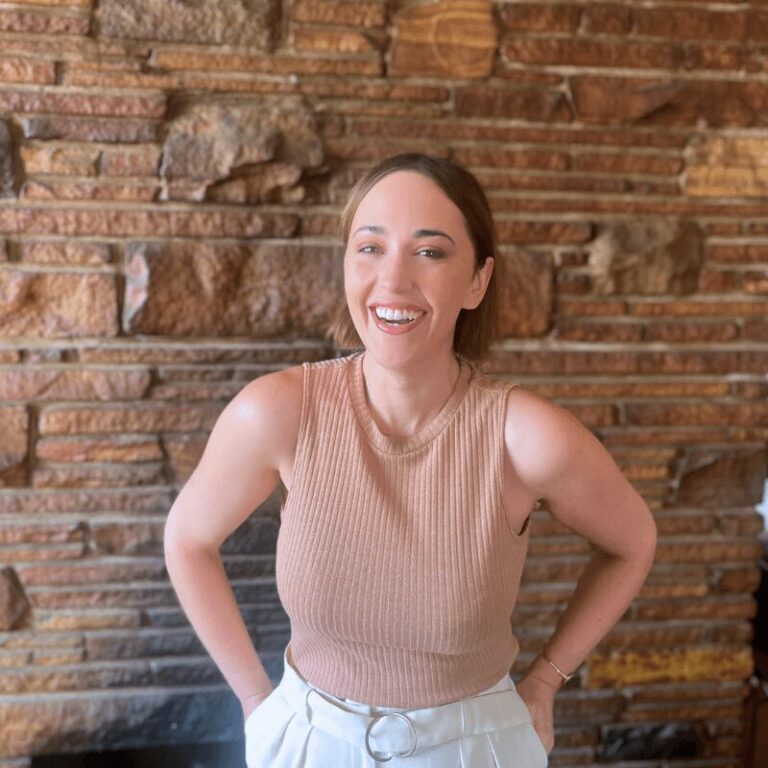
When I started my practice as a holistic, somatic therapist in Los Angeles, I often found myself questioning whether I was “good enough.” Even with all the training and experience, there was this lingering doubt that whispered, “What if you’re just fooling everyone?” It’s a feeling I know so many people can relate to, and it can feel overwhelming.
Rather than trying to fight imposter syndrome or “prove” myself, I got curious about it. I noticed how it showed up—not just in my thoughts but in my body. That familiar tightness in my chest, the anxious energy that made me want to overwork or overachieve—it all had a story to tell. Instead of pushing those feelings away, I let myself sit with them. I started to explore where they came from, and uncovered old patterns from childhood and outdated beliefs about what it means to be “enough.” Slowly, I began to realize that imposter syndrome wasn’t the enemy. It was a survival strategy I’d outgrown but hadn’t yet let go of. Read more>>
Devix Szell
I can’t afford to have it. There are a lot of even wealthy artists out there who become codependent upon security in their lives and they don’t wanna lose that. Those people are afraid to sacrifice everything in order to get the results their creativity could offer. I didn’t have those things and I sure as hell don’t have them now, so I don’t have the luxury of imposter syndrome. I only have myself. Oh, and a pretty solid band & crew. Read more>>
Taylor Moskowitz
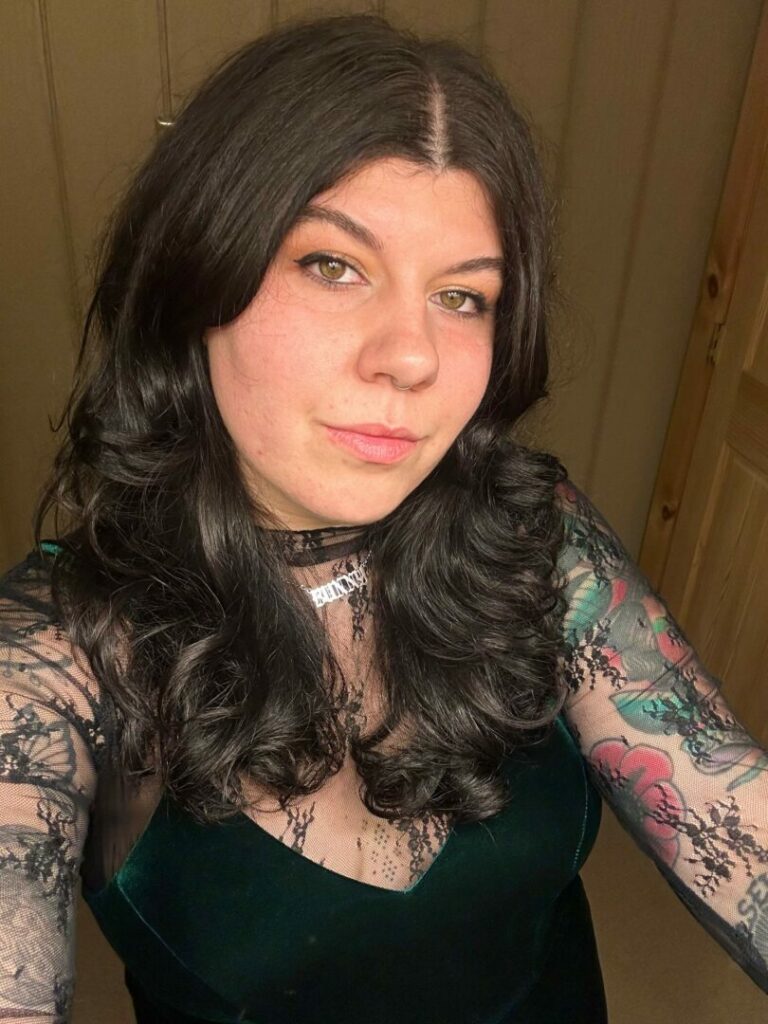
Imposter syndrome is something I am still overcoming in my career! It’s unfortunately part of being an artist, you always overanalyze your work and never think it’s enough. With the support and love from friends, family, colleagues and other artists it helps keep the imposter syndrome at bay! Read more>>
Taylor Kelly

I overcame imposter syndrome by shifting my mindset from self-doubt to action. I realized that many people hold themselves back from success because they’re waiting to feel ‘ready’ or ‘qualified.’ The truth is that you grow into your capabilities by doing the work, not by waiting for validation. Read more>>
Manasseh
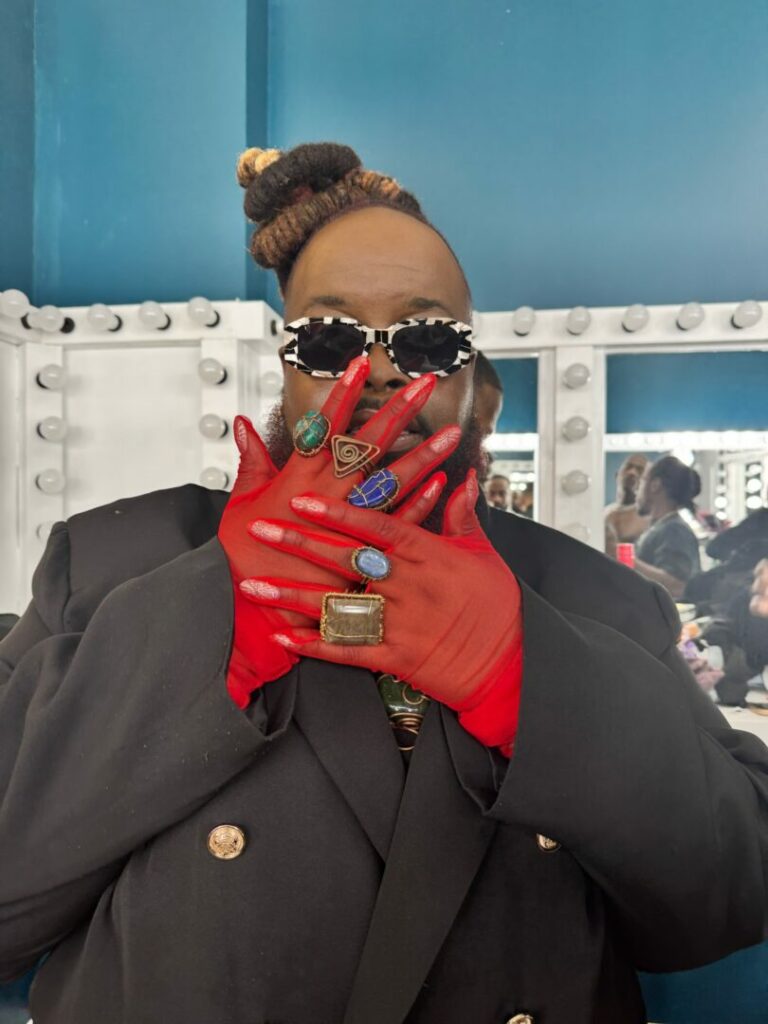
I’m still working on this…. But, I think whats helping, is making time to stop and celebrate the wins aka all the BLESSINGS.. I’m working on not questioning why this or that. Its not always easy to do, but like I said, I’m working on it! Read more>>
Danna Gadalla
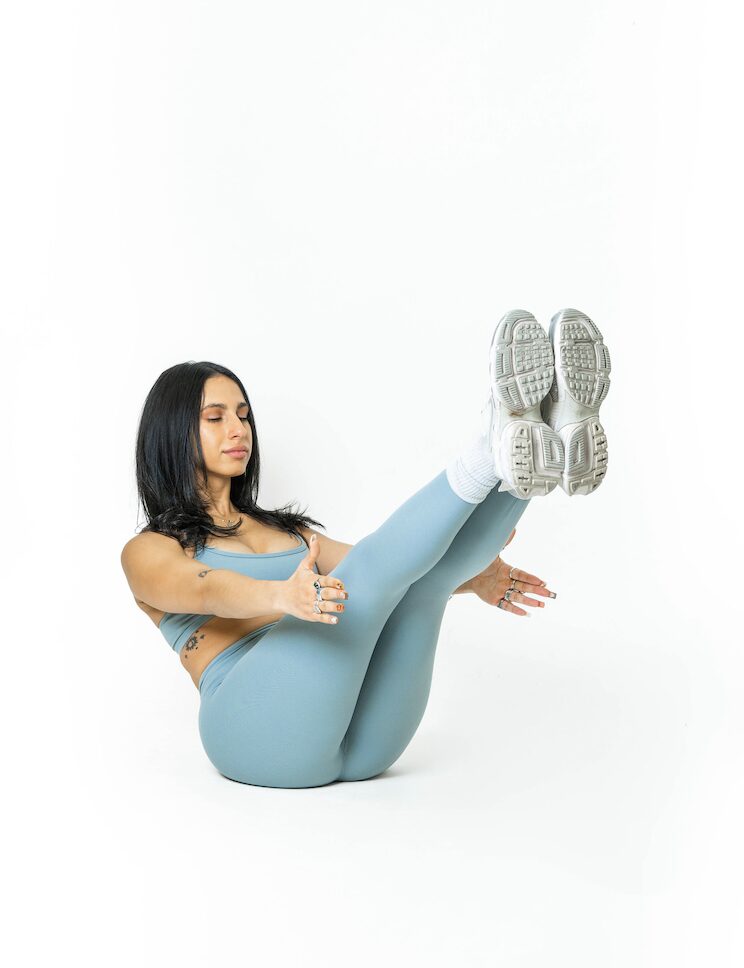
When I first started teaching, I was overwhelmed with self-doubt. I was so nervous about messing up a move or not knowing exactly what to do. But instead of letting that fear paralyze me, I shifted my focus to something I could control: building genuine connections with my clients. I made it a priority to learn their names, remember their stories, and create a welcoming environment. Read more>>
Sandra Davis
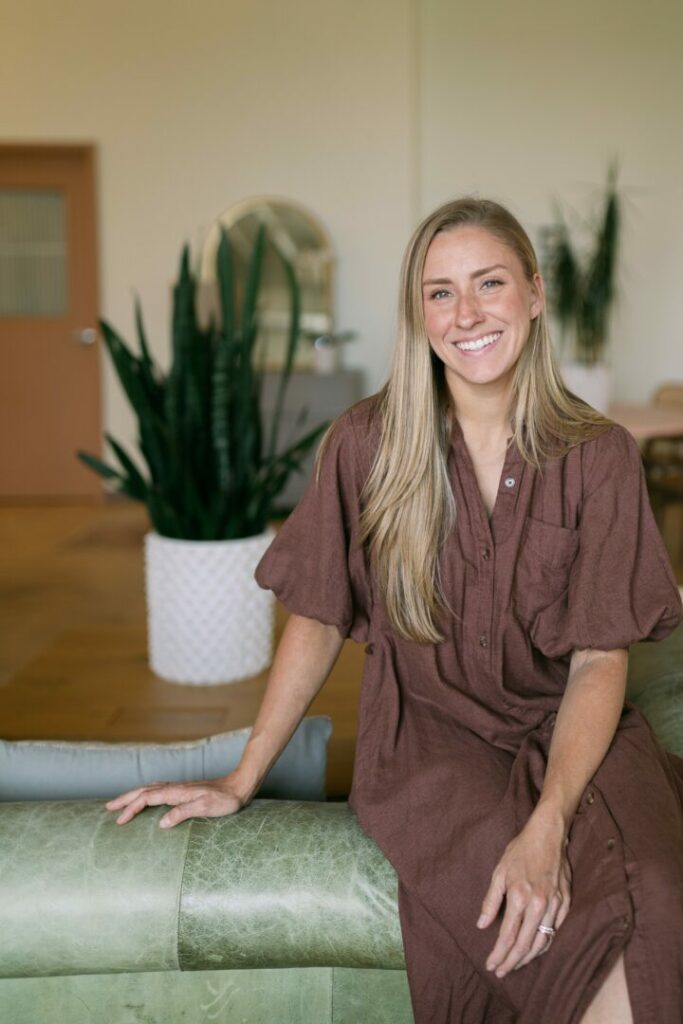
In the beginning of starting my floral design business, I was constantly overcome with imposter syndrome. So many thoughts went through my head telling me I wasn’t worthy of success or that I wasn’t qualified due to not having 10 years of experience under my belt. In the floral world, it can also be unfortunately isolating as other florists may see you as a competitor first rather than a friend. This was certainly my experience entering into this line of work and I do believe that also contributed to the imposter syndrome we all know too well. As my business grew, practicing positive mindset shifts (progress over perfection), having realistic expectations for myself, celebrating small wins, embracing mistakes and learning from them, and also embracing the unique value that I can bring to my clients was how I was able to break free from imposter syndrome. Read more>>
Caleigh & Sara Heeg & Sutherland
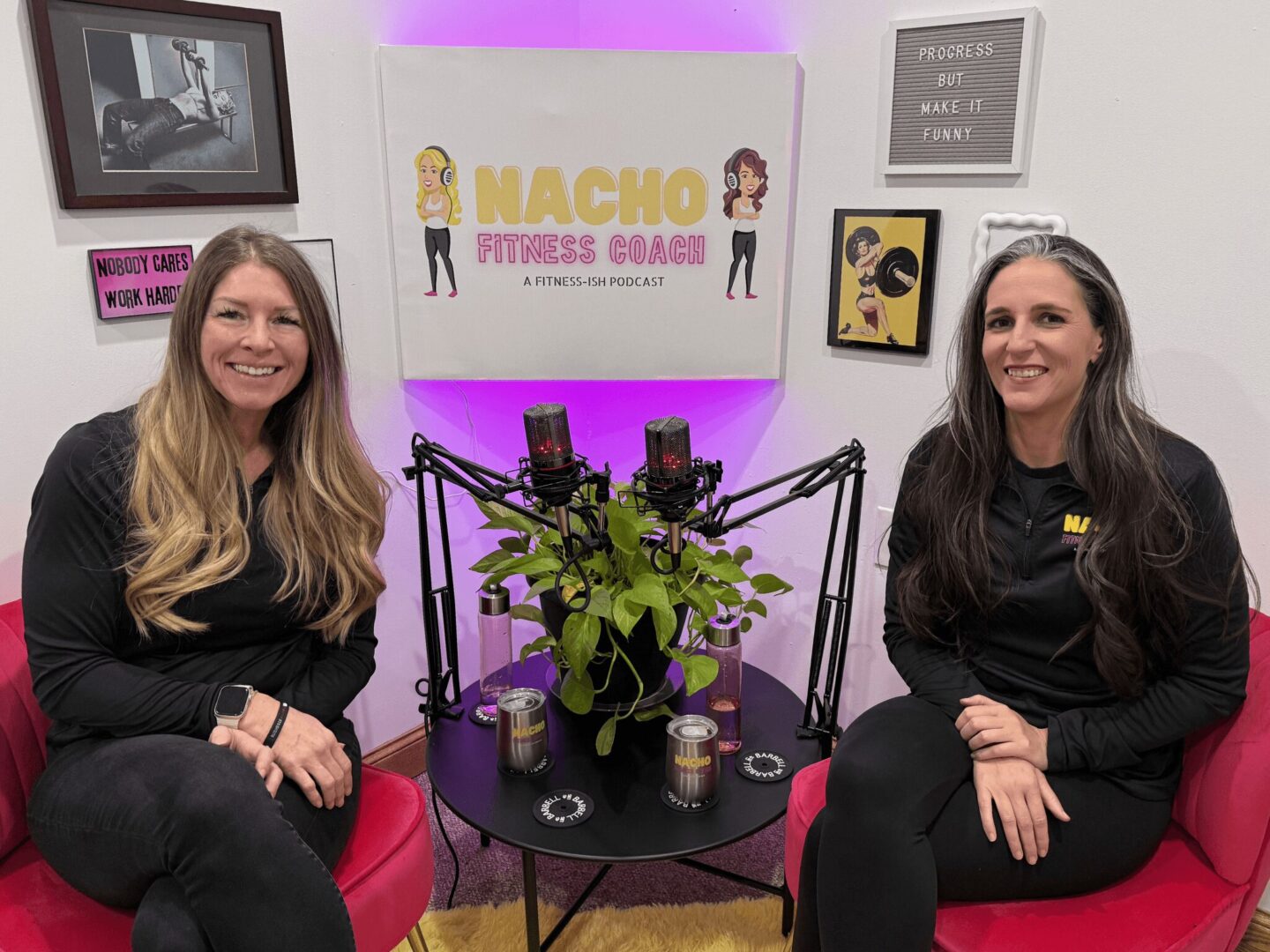
Imposter syndrome has been a recurring theme for both of us, but we’ve found strength in our partnership. There’s something about having someone in your corner who not only understands the doubts but also calls you out when you start to spiral. Whenever one of us feels like we don’t belong or aren’t ‘qualified enough,’ the other steps in with a reality check (or sometimes just laughter, which works just as well). Read more>>
Bailey Keller

I think most creatives struggle with imposter syndrome at some point in their career. Especially with social media. I’ve struggled with it more and more over the years. I overcome imposter syndrome by limiting my social media scrolling and try to focus on myself and my own work. I try to reflect on how far I’ve come. Reminding myself that my work isn’t for everyone but it is for some! Read more>>
Greg Hendry

Overcoming imposter syndrome required me to shift my perspective and fully embody the version of myself I aspired to be. Instead of getting caught up in doubts or focusing on what I thought I lacked, I started aligning my thoughts, actions, and decisions with the person I was working toward becoming. I asked myself, “How would someone confident and successful in this position think and act?” and then tried to approach each situation from that mindset. It wasn’t about faking it; it was about stepping into the energy of my future self and trusting that my hard work and intention would lead me to where I wanted to go. By behaving as though I already had the clarity and success, I began attracting opportunities that reinforced my belief in myself. Read more>>
J Caleb Clark
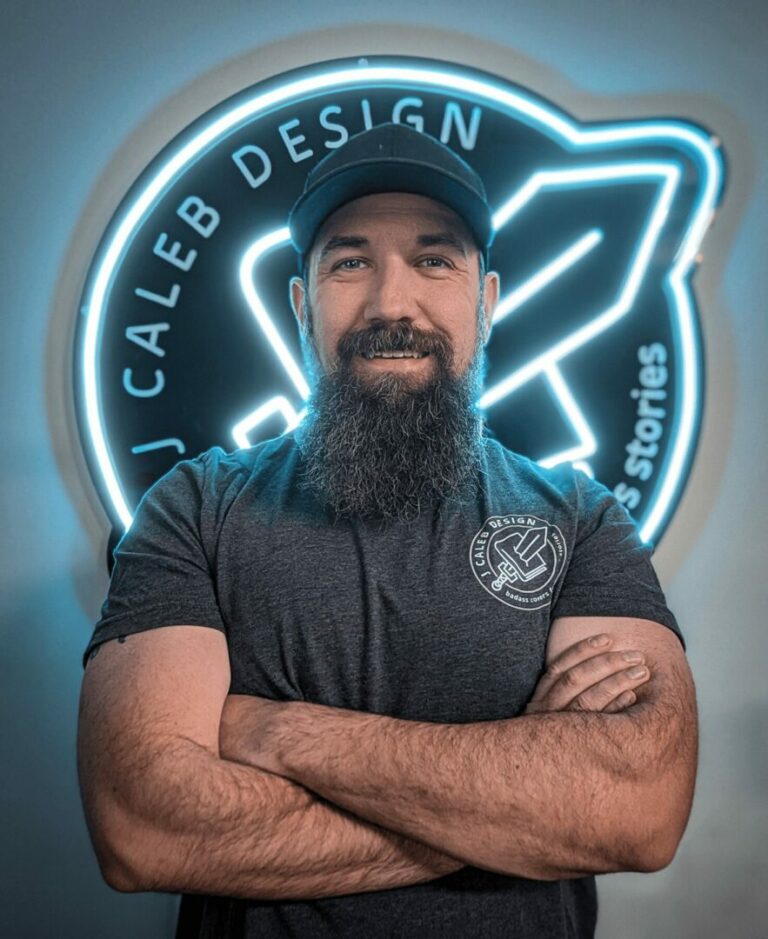
Overcome? I’m not sure I have overcome it. I don’t think I’ll ever silence that voice in my head that says “I don’t belong here.” As I am near forty, it’s been about accepting and using it as a catalyst. Do I have to trust that voice when I hear it? No. In fact, I’ve discovered it’s a green flag. It means I’m doing something that is uncomfortable but it’s in those situations where we can grow the most. So I’m right where I should be. Read more>>
Christiane Sprowls

I don’t think I will ever completely be “cured” of imposter syndrome. I will always be pursuing lofty goals that push me out of my comfort zone. I’m not an accountant, or a bookkeeper. I’m not a marketing genius, or a sales woman, but I have to “pose” as all of those things to get to where I want to be. I never thought that I would be a business owner. I never thought I had the personality that was assertive enough or had thick enough skin to make it, but here I am. In some ways I will always remember the little girl that sobbed if my siblings so much as told me they didn’t like the shade of pink I was wearing because it looked like Pepto-Bismol. I used to crumble with any sort of negativity or confrontation and now I have to confront employees that don’t like the way I manage, deal with clients that push back on pricing, and take no after no after no with sales calls. Read more>>
The Kalectiv

Our journey as business partners has been deeply personal, built on vulnerability and genuine care for each other’s growth. We’ve each faced imposter syndrome differently – one doubting their technical abilities, another wrestling with past expectations, and myself questioning whether I truly belonged.
What changed everything was creating a partnership where vulnerability is celebrated. Our check-ins evolved into safe spaces to share our deepest professional fears and dreams. We validate each other’s unique strengths and document our wins, not to boast, but as reminders of our capabilities. Read more>>
Xavier Mcknight

I didn’t overcome imposter syndrome, I just embraced the feeling. If I don’t feel like one, I might be in the wrong room. In order to progress I have to surround myself with people more accomplished and wiser than me and just do what i need to do. Imposter syndrome is an intrinsic thing, its my own doubt and believed limitations. But there no better feeling than breaking your believed limits. Read more>>
Chica De Luz
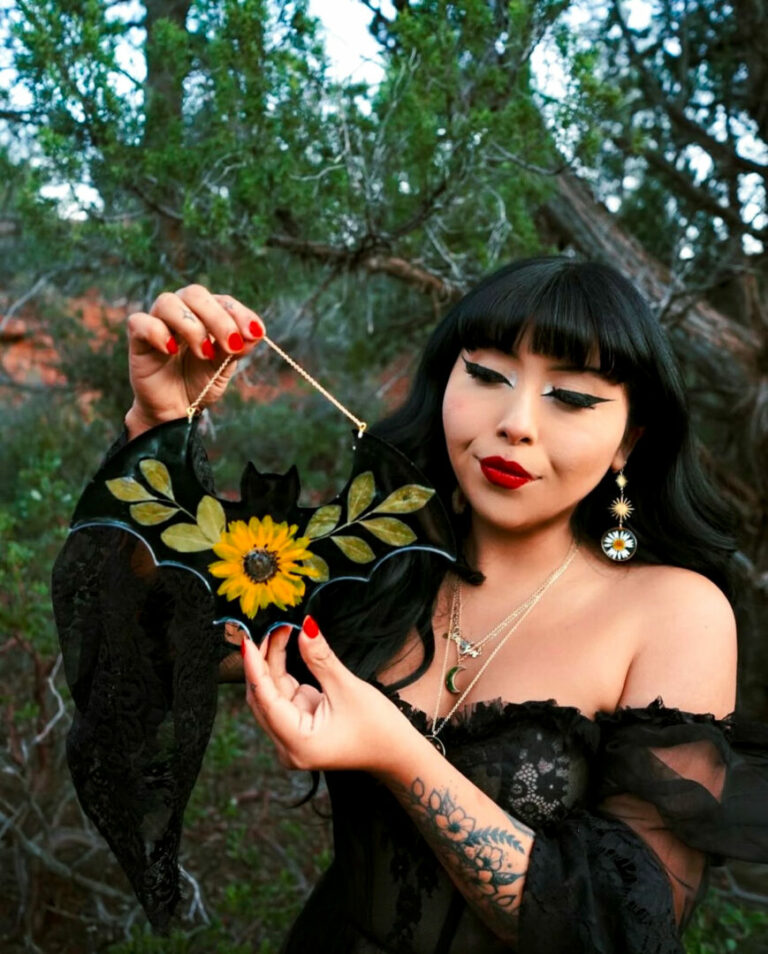
It took a lot of inner work and healing honestly.
Being a creative/artist as a woman means you are going against the grain x2 over a cis man,
The entire essence of a creative/artist that is a woman is always going against our social conditioning it’s almost innate that we struggle with imposter syndrome at some point.
Til one day you get tired of shrinking yourself down and you realize you have to undo the wiring that feeds into imposter syndrome and reclaim your power!!!
It’s nice to get to a point where I can celebrate myself and honor my growth finally but it took therapy, my spirituality and mindfulness to overcome imposter syndrome. Read more>>
Anya Zeitlin
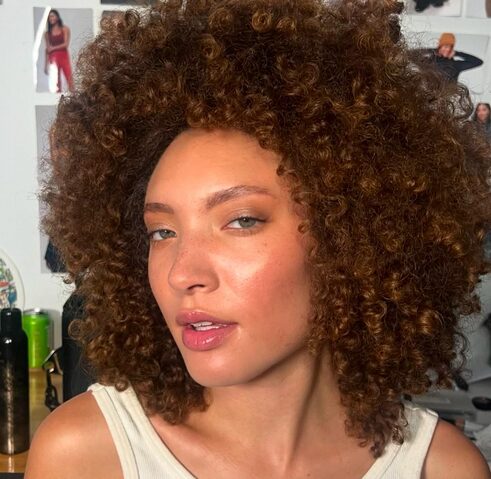
I take comfort in knowing that I’m doing what I love and being in a creative flow state. If I’m in alignment with those qualities then I tend to find joy internally and feel pretty confident. I also try to focus on being in a state of curiosity as to learn, growl, and improve. So shifting feeling like an imposter to a state of curiosity can be useful. Feeling confident internally instead of seeking external validation is important in finding joy in the process and meaning in the work. External validation is nice and it’s important to make sure that I’m delivering what is expected of me, or even exceeding those expectations. But trying to shift seeking validation externally to appreciation for members of the team or crew, where everyone brings their unique energy, can help as well. Read more>>
Shannon Fody
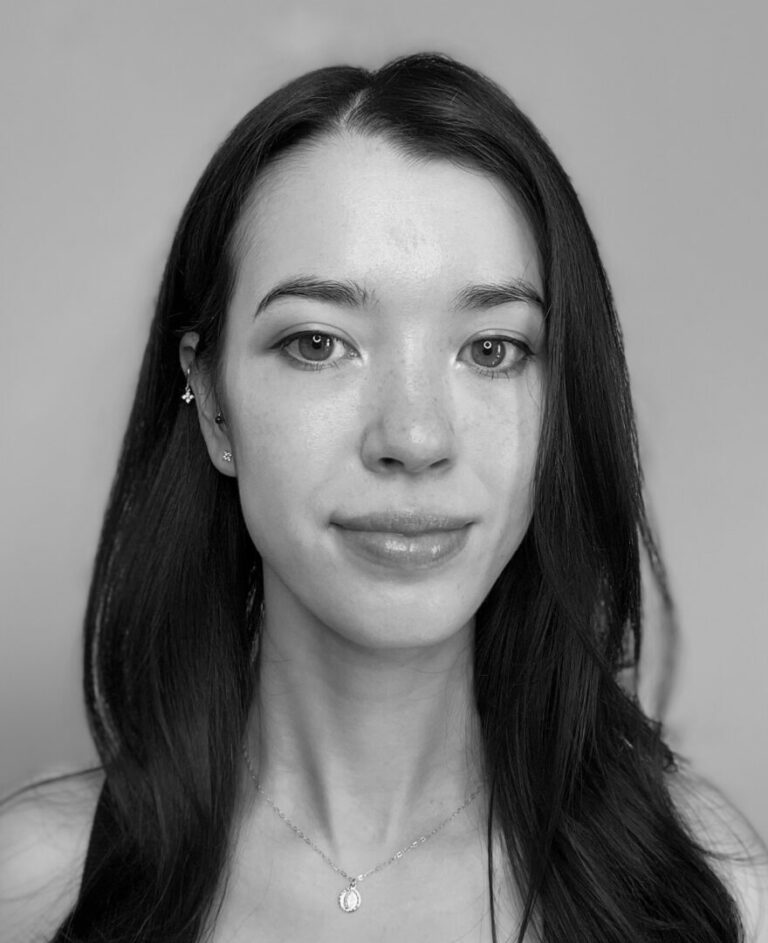
Although I still struggle with imposter syndrome often, I find that micro-doses of it can actually lead to better art making. The feeling that there’s always room for improvement pushes me to work harder and prevents me from resting on my laurels, even when I am satisfied with a piece. Being brutally honest with myself is important, but there’s a fine line between honesty and cruelty. Knowing that I can be better, and feeling like I never will, are two different things and sometimes that line gets blurred. I won’t pretend that I don’t feel inadequate or overwhelmed at times by the amount of incredible talent in the world. Choosing inspiration over intimidation- and using the work of others as motivation rather than a source of insecurity- is not a cure for imposter syndrome, but how I’ve learned to manage it. Read more>>
Anaïs Godard

I didn’t! And honestly, I doubt I ever will. Imposter syndrome is like that one frenemy who always overstays their welcome. Every time I’m asked to speak somewhere or a publication wants one of my stories, my first thought is, “Clearly, they’re mistaken.”
In my younger years, this mindset wasn’t just unhelpful—it was downright paralyzing. I missed opportunities, didn’t submit my work, and ignored emails from gallerists and publishers, convinced they’d eventually realize their error. Once, a curator from an influential gallery left me a voicemail saying he was interested in my work. I never called back. Not exactly my proudest moment, if only because it was disrespectful to someone who genuinely reached out. Read more>>
Paolo Cairoli

I began my career as a pianist, dedicating many years of my early education to classical music training. Playing the piano was exciting, but by the end of my twenties, I realized my true passion lay in communicating about music and culture—sharing its stories and deeper meanings, especially with those who might not fully appreciate its significance. That’s when I discovered I’m definitely not a pianist! Today, I work as a communication manager and PR specialist for classical music and culture, and life feels much more aligned. Read more>>
Hannah Barlow
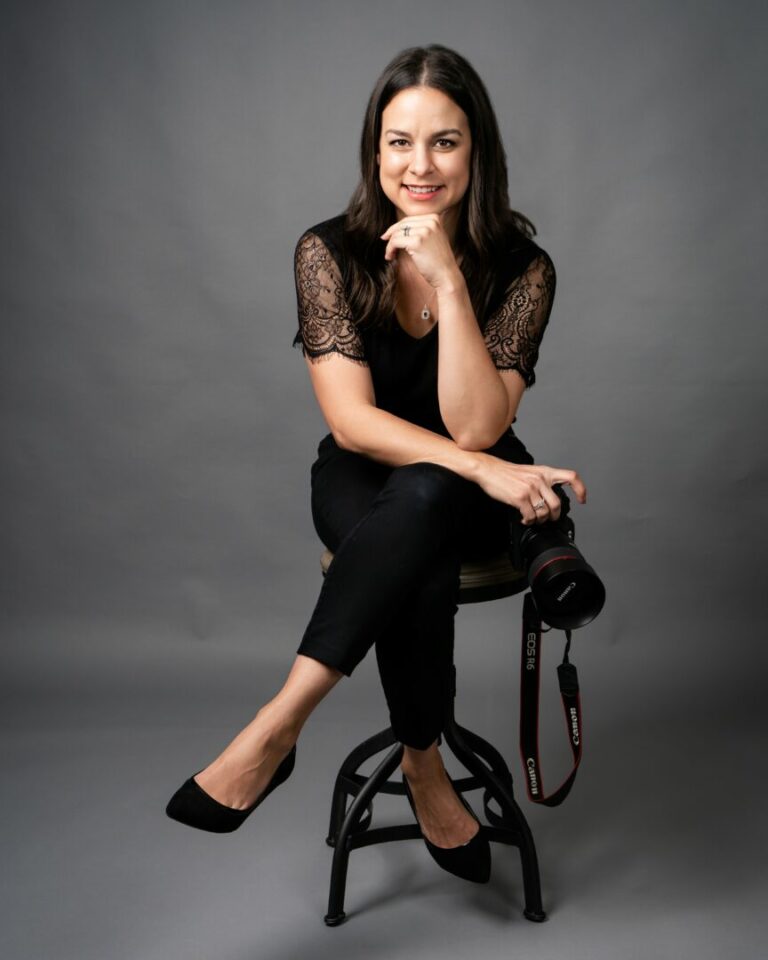
Overcoming imposter syndrome was a huge hurdle for me in an industry that is heavily saturated like wedding photography. There are so many styles, price points etc. but also a “standard” that many like to hold wedding photographers to. When I was new, I attempted to mold myself into what a wedding photographer was “supposed to be” and when my business took off quickly, it was hard to not follow my heart and do my own thing but stay on the path of what others were doing. My success had less to do with the photography services I was offering and more to do with the experience I offered my clients. I couldn’t see nor believe it at the time. Read more>>
Kaylan Hutchins
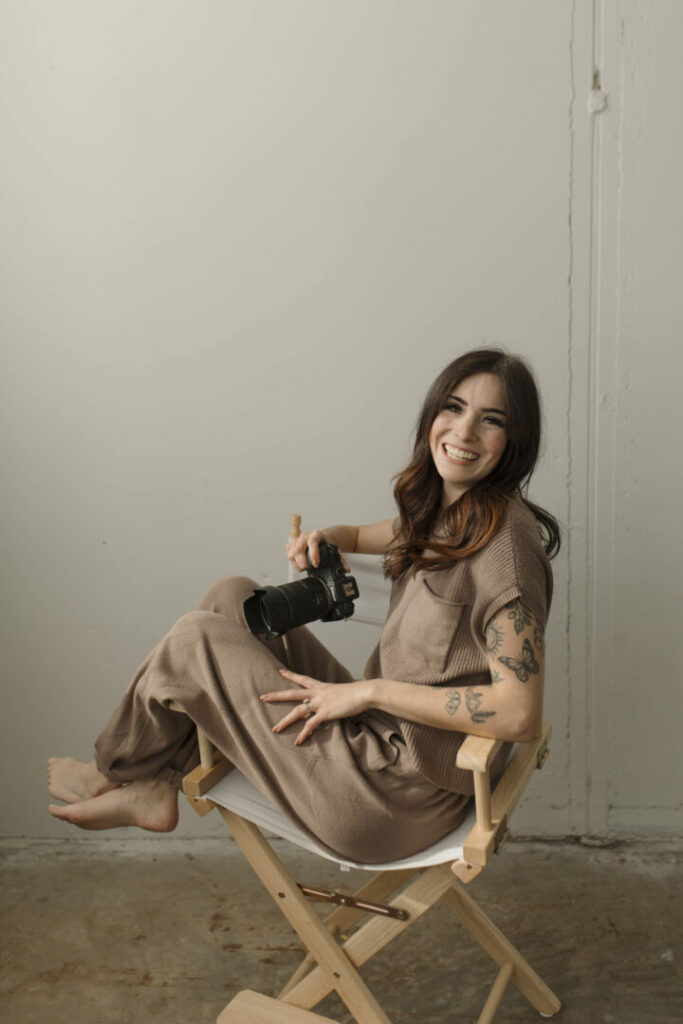
To be quite honest, I truly have not overcome imposter syndrome and it’s something that is a constant battle for me. There are constantly those thoughts in the back of my head that make me wonder if I really am good at what I do. It’s so easy, especially for photographers or other entrepreneurs, to get caught up in comparing yourself to others in the same field. You have to realize that you are not for everyone and that’s completely fine. For someone that has always been such a people pleaser and a perfectionist it took me a lot to realize that not everyone is going to like my editing style, the way I capture people, etc. Read more>>









